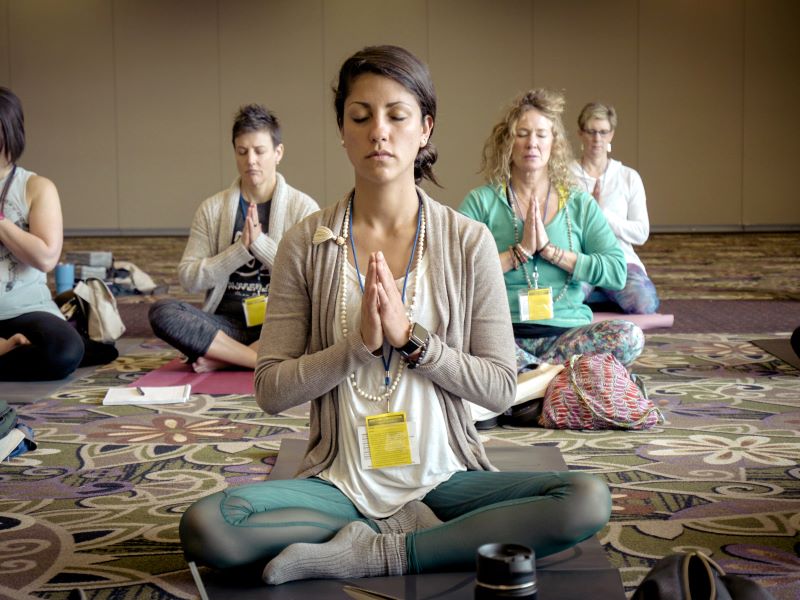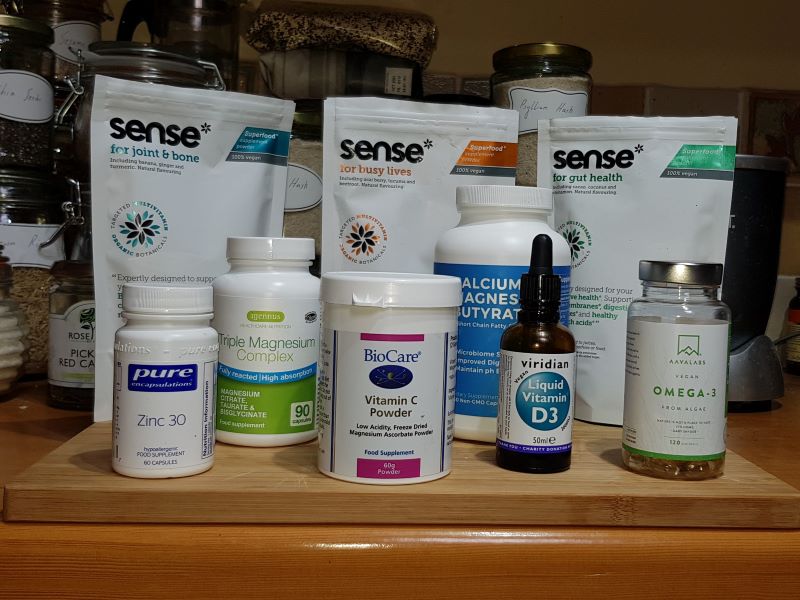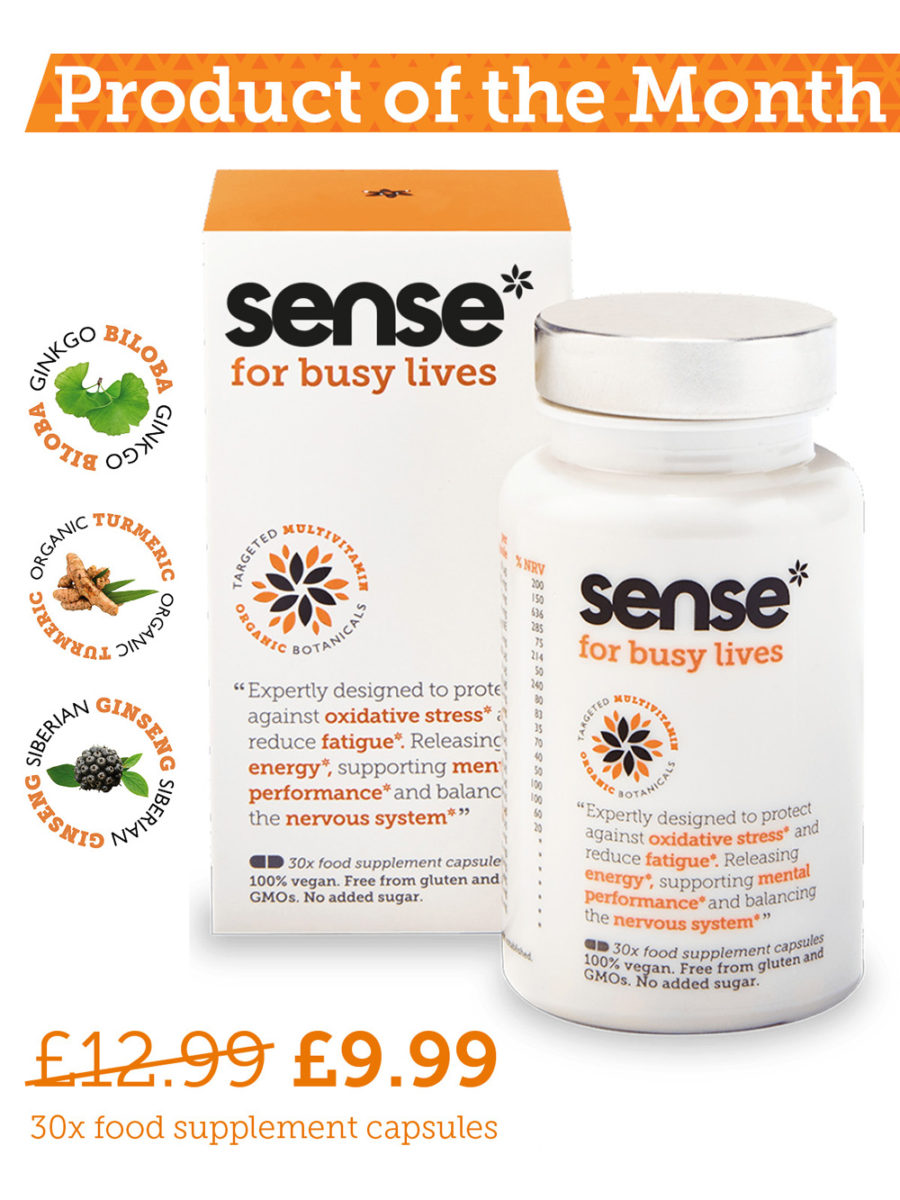
By Joan Ebsworth, guest writer for sense*, biologist and mother of sense* Founder, Jonathan on the immune system and role of the nervous system, part 6 of her review of the immune system.
If you have enjoyed this series but would prefer a video series, we have picked out this 3 part video series produced by the College of Naturopathic Medicine called Coronavirus.
Immune system verses the pathogens
I am well into my research into the way in which my immune system works. This time the role of the nervous system.
In many ways I am no wiser than when I started. That isn’t strictly true – but it feels that way at times because there is so much to learn about.
The analogy of the body being a castle which is defended by an army (the immune system) against a marauding enemy army (pathogens) is an easy one to understand.
If the defending army isn’t enough to defend, then the enemy takes over and disease ensues. If the defending army is ill disciplined and it starts fighting amongst themselves. It damages its own castle then we have an autoimmune situation.
The analogy helps. Up to a point.
An orchestra not an army
However, I am coming more and more to want my immune system to be more like a large symphony orchestra playing Beethoven’s Ninth Symphony.
All in harmony. Each instrument playing its part when and where it is needed – totally in balance. All responding to the conductor as and when they should. That would be perfection.

But that can also go wrong too. Discord can happen in any orchestra. There have to be many rehearsals to get it right.
I see the rehearsals of an orchestra as me doing all of the right things to make my immune system balance. I am the conductor of my own immune system orchestra.
Is the nervous system the conductor?
What enables me to do that? My brain and my nervous system generally. So studying the immune system and the role of the nervous system is very important.
We are in the middle of a pandemic and the role of the nervous system in immunity takes on a huge significance.
Our immune systems are all being faced with a challenge.So when asked the nervous system kicks in and turns on complex adaptive pathways until the threat passes.
It signals the immune system and the immune system then kicks into action too. Initially turning on the innate immune system. I talked about this in my first article here.
What’s the connection between two systems
The immune system and the role of the nervous system are connected psychologically and physically.
You cannot have a balanced immune system without a healthy nervous system and vice versa.
The nerve pathway that keeps the immune system in balance is mediated by the vagus nerve.
Have you heard of that nerve before?
It innervates many of our organs. Meaning that it brings nerve endings so enabling communication with your nervous system.
It is the longest and most complex nerve leaving the brain and it runs down as far as the colon. Transmitting signals to so many organs along the way. The vagus nerve actually balances the two parts of the nervous system.
Two systems within the nervous system too
There is the parasympathetic system
This is all about calmness, relaxation, lowering blood pressure and pulse rates. Giving us those “gut feelings “. All vagus controlled.
Then there is the sympathetic system
This is all about fight or flight. Increasing stress hormones such as cortisol and adrenaline, increasing heart beat, raising blood pressure.
We need the fight or flight from time to time but not all the time.
We really need to be in parasympathetic mode 90% of the time and that can be done with some care!
Vagus nerve is our early warning system
The vagus nerve can prevent inflammation because its vast system of fibres act like spies around many body organs. Perfectly highlighting the immune system and the role of the nervous system.
So when signals of inflammation arise or there is the presence of cytokines or tumour necrosis factor (TNF) the brain is alerted via the vagus.
As a result anti-inflammatory neurotransmitters are created which will regulate the immune response.
The vagus-lung connection
The vagus helps to regulate our breathing too.
The lungs have become a focus during this pandemic. We can control and stimulate our breathing by doing abdominal breathing and holding our breath for maybe 4 – 8 seconds.
Taking a deep breath so we fill our abdomen. Doing this for as many times as is comfortable.
Starting with 5 sets and increasing day by day. By doing this twice or three times a day, up to 20 times is very useful.
This type of breathing stimulates the vagus nerve and can help to keep our lungs well oxygenated.
As well as this, it helps our parasympathetic nervous system keep us calm, relaxed and reducing stress.
Alleviate the fear factor
I fear that the present pandemic is giving too many people sympathetic dominance rather than parasympathetic. With consequent reduced immune efficiency and high levels of immune dysregulation.
This means that it is less able to fight off an acute infection or deal with any chronic illness.
A healthy nervous system equates to a balanced immune system.
So, what can we do via the nervous system to improve the immune system?
Lots of things.
Firstly, do not give in to fear.
Learn how to reduce your levels of stress via breathing exercises, practising yoga, meditating , exercising and thinking positive thoughts.

Writing down your daily gratitude’s also helps, and helping others.
These all affect the brain positively.
More Lifestyle Choices
Then there are all of the usual lifestyle choices. You have heard these before.
- A clean diet—no processed foods.
- Practising intermittent fasting and not eating for at least 4 hours before bedtime.
- Reducing all toxins entering your body. That means no tobacco and very little alcohol.
- Also taking greater care about the use of household cleaning, personal care products, herbicides and pesticides. Keep toxins to a minimum.
- Having a good sleep pattern and obtaining good quality sleep.
The brain isn’t dormant while you are asleep. It is extremely active – usually cleaning itself via the process of autophagy.
The glial system within the brain is another very interesting subject! I tell you it is never ending and all a part of that symphony orchestra that I spoke about at the beginning.
Where can you start today?
The food entering your mouth because that food becomes you, is your medicine.
Your internal terrain health is vital if you want to ward off this viral infection.
I also take a variety of supplements to help reduce my possible stress reactions.

Ashwagandha is a daily intake in my smoothie as it has been scientifically proven to reduce cortisol levels.
Then there is Rhodiola rosea which can increase performance during stressful times. So don’t take it in the evening. The Russians have been using this adaptogenic herb with their astronauts, soldiers and athletes, for quite a while.
I also take Reishi mushroom in powder form. I discovered yesterday that it is calming as well as full of phytonutrients and beta glucans that are anti-cancer. Boosting the immune system and calming the nervous system too, so a double whammy.
Once again scientifically proven. Just like sense* for busy lives, which I take every day too.
Of course, as mentioned above you could add to these the practice of yoga, mindfulness, exercise and emotional freedom techniques. Just one will do.
Some or all will help that nervous system of your’s to stay in parasympathetic mode. Helping the immune system at the same time.
Good luck!
This is not a sense* article. The views expressed in this article are those of the author so there may be opinions or statements in this article that are not approved by sense* and do not represent the views and opinions of the company.

